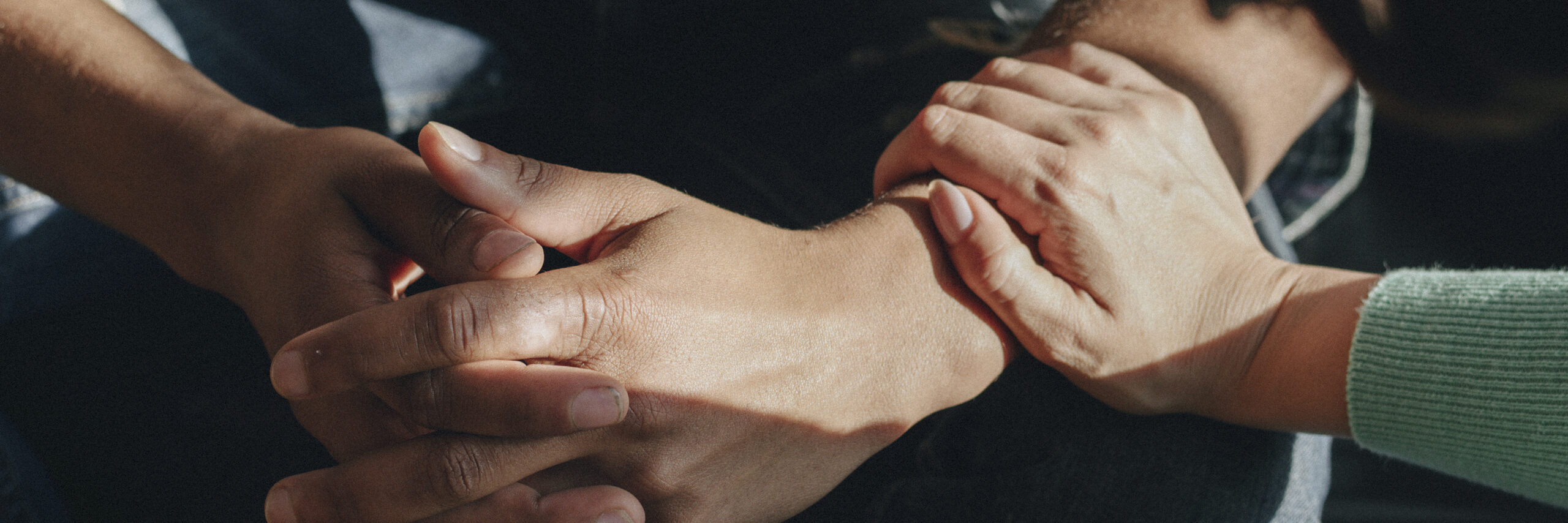When it comes to opiate addiction rehab, no one treatment is perfect for everyone. There is no “one-size-fits-all.” Everyone is different and everyone responds to different things. That’s why we at Dirct2Recovery offer a wide variety of services and treatments that are customizable to match your needs. We offer medication-assisted treatment, counseling, and telehealth to ensure your needs are met.
Principles of Effective Addiction Treatment
National Institute on Drug Abuse outlines essential principles that are proven to boost the effectiveness of addiction rehab programs and treatments.
Those principles are as follows:
- Addiction is a complex but treatable disease that affects brain function and behavior.
- No single treatment is right for everyone.
- People need to have quick access to treatment.
- Effective treatment addresses all of the patient’s needs, not just his or her drug use.
- Staying in treatment long enough is critical.
- Counseling and other behavioral therapies are the most commonly used forms of treatment.
- Medications are often an important part of treatment, especially when combined with behavioral therapies.
- Treatment plans must be reviewed often and modified to fit the patient’s changing needs.
- Treatment should address other possible mental disorders.
- Medically assisted detoxification is only the first stage of treatment.
- Treatment doesn’t need to be voluntary to be effective.
- Drug use during treatment must be monitored continuously.
- Treatment programs should test patients for HIV/AIDS, hepatitis B and C, tuberculosis, and other infectious diseases as well as teach them about steps they can take to reduce their risk of these illnesses.
- This is due to the potential use of needles/injections
What Are Treatments For Drug Addiction?
There are many options that have been successful in treating drug addiction. The most popular options are behavioral counseling, medication-assisted treatment (MAT), evaluation and treatment for co-occurring mental health issues, and long-term follow-up to prevent relapse.
Behavioral Counseling
According to the National Institute on Drug Abuse, behavioral counseling helps individuals with addiction by providing incentives to quit. It also helps them build life skills, handle stressful situations in a healthy way, and cope with environmental cues that may trigger cravings. The idea behind it is to stop the compulsive cycle by using naturally occurring dopamine as a reward. In other words, it shows individuals they don’t need to use drugs to achieve the same effects of euphoria.
There are a number of behavioral therapies that have been shown to be effective in addressing substance abuse. The most common is Cognitive-Behavioral Therapy (CBT). It was developed to prevent relapse when treating problem drinking, and later it was adapted for cocaine-addicted individuals.
CBT helps individuals learn to identify and correct problematic behaviors by learning skills to stop drug abuse. It also addresses other problems that often co-occur with drug abuse, such as mental illness, past trauma, or stressful situations.
Medication-Assisted Treatment (MAT)
MAT is becoming increasingly popular as more research becomes widely available about the medication. It combines medication and behavioral therapy to create a holistic approach to treat substance use disorders.
At Direct2Recovery, we use Suboxone or Buprenorphine, which are medications specifically designed to help recovering addicts. They block opioid receptors and help ween the individual off the substance to curb withdrawals. Think of it like gradually switching from caffeinated coffee to decaf.
Currently MAT paired with counseling produces the highest recovery rates. This is why we offer MAt and counseling to all of our patients.
Recovery by the Numbers:
- 10% of users recover from addiction without additional help
- 25% recovery with medication-assisted treatment (MAT)
- 50% recover with a combination of Direct2Recovery’s MAT and counseling
Integrating MAT and counseling brings two effective programs together to give individuals the highest possible rate of success. Contact our Phoenix Suboxone clinic today to learn more and to see if you or your loved one qualifies for our programs.
Evaluation and Treatment for Co-occurring Mental Health Issues
A co-occurring disorder is when an individual has substance use disorder, combined with a mental illness such as depression, post-traumatic stress disorder (PTSD), obsessive compulsive disorder (OCD), etc. Any combination of mental health disorders and substance abuse or addiction qualifies for this diagnosis.
Co-occurring disorders tend to exacerbate the symptoms of your disorders, but they do not necessarily cause one another. In other words, if you have a mental illness, you are not guaranteed to use illicit substances.
The purpose of evaluating and treating any potential mental illness is so you can get a treatment plan that works for you. Think of it like this: you’re trying to lose weight, but you refuse to do anything more than diet. If you added exercise into your daily routine, you would likely lose weight faster.
Treatments for co-occurring disorders work just like that. They try to treat the whole person instead of trying to cut corners.
Long-term Follow-up To Prevent Relapse
Those who seek opiate addiction rehab or other rehab services are encouraged to take steps to prevent relapses. Addiction recovery is a long-term process that continues after treatment is over. Continued mental health care is recommended as it supports building in recovery from addiction and personal therapy as well as whatever holistic and alternative therapies were working for the client during treatment.
The most common forms are 12-step meetings, outpatient care, counseling, and sober living. An essential part of this step is to surround yourself with a support group who understands what you went through and what you’re going through. You’ll find new friends and learn new coping methods through them, as well as find more reasons to work against relapsing.
Where to Find Opiate Addiction Rehab
At Direct2Recovery, our mission is to passionately help as many people as we can. We take the time to get to know you to create a treatment plan that works for you.
We also offer telemedicine for select individuals. These virtual visits include supervised drug testing and counseling with a board-certified physician.
If you or a loved one are struggling with opiate addiction, we want to help you regain control of your life. We’re ready to help. Contact us to learn more.





